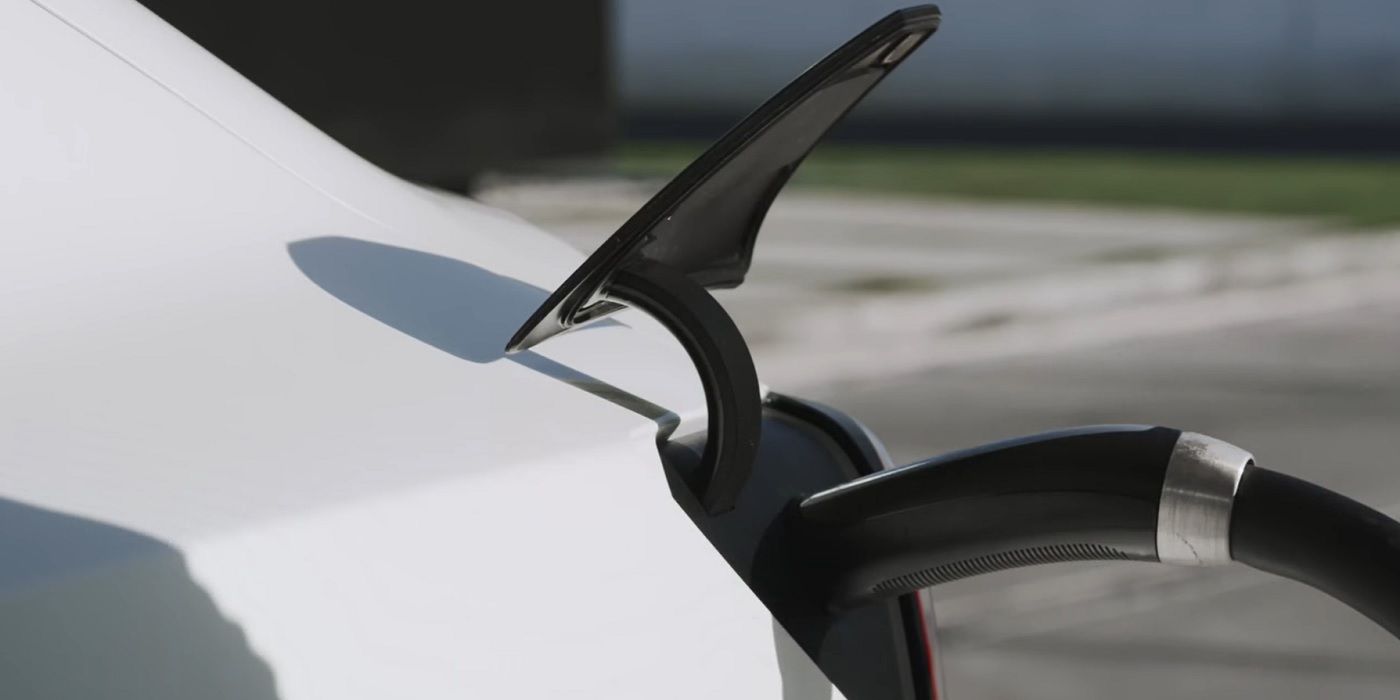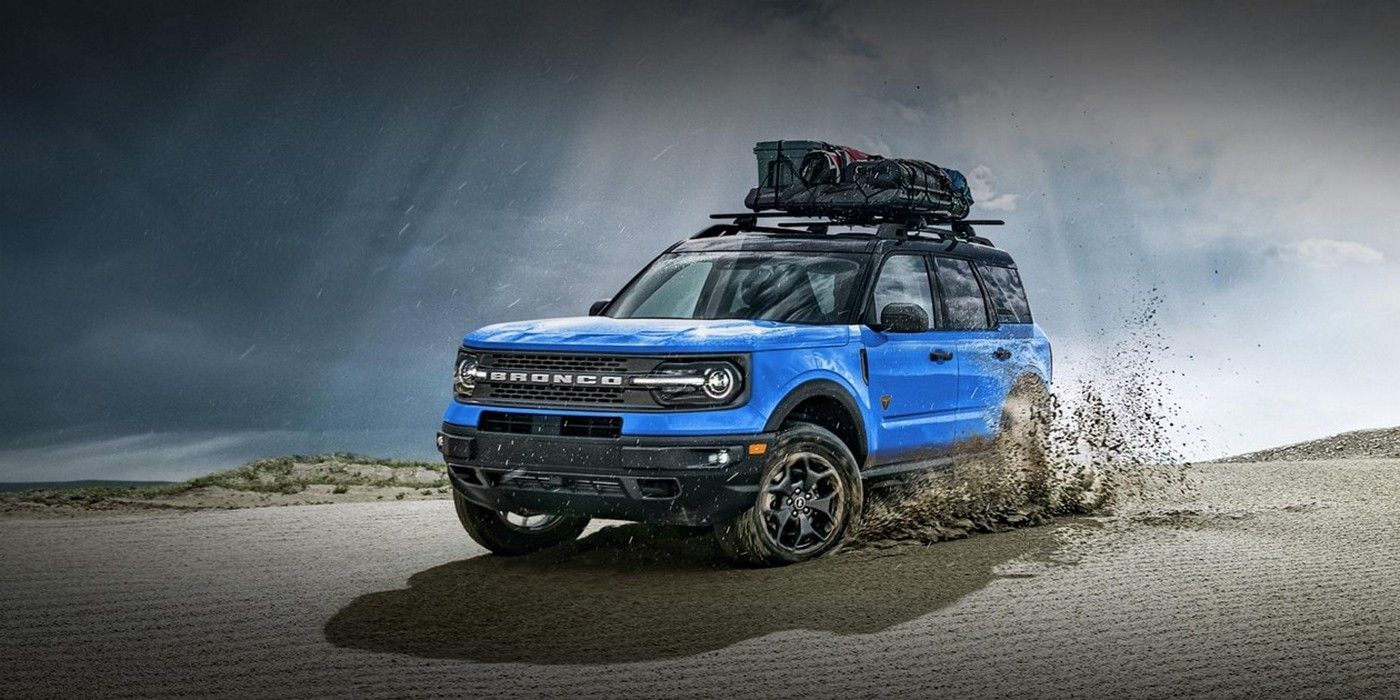Only 5% of Americans are interested in buying an all-electric vehicle, according to a new Deloitte survey. The EV market has been rising exponentially, and what used to be a green niche is now a must for every car maker. The US government, driven by the Biden Administration, wants 50% of all cars sold in the US to be electric by 2030.
The American car culture is unlike any other in the world. The bottom line is that Americans like their big cars, their diesel trucks, their 4x4s, their fast and powerful Mustangs, and their spacious luxury Cadillacs. US carmakers like Ford, GM, Hummer, and others are trying to combine the green car market with the American car culture spirit in an effort to appeal to drivers.
Deloitte surveyed 26,000 people in 25 countries with a goal of understanding the cars that drivers are thinking of buying next. Surprisingly, only 5% of Americans say their next car will be an all-electric battery vehicle. Hybrid-electric ranked a little higher with 17%. Incredibly, 69%, or two-thirds of all Americans surveyed, say they are sticking to gas/diesel engines. Drivers also say they are not interested in paying more for technology advancements, such as safety, connectivity, autonomy, or alternative engines.
Cars And The American Lifestyle
The reasons why consumers are not choosing electric vehicles has little to do with a lack of environmental awareness. Cars are part of their lifestyle and still represent the freedom of moving wherever they want, whenever they want. The survey revealed that walking into a car dealer, putting cash upfront, and riding out with the car that same day is how Americans prefer to buy cars. In contrast, EV car makers don't typically sell cars in this way. Instead, they take online orders where drivers customize the car and, weeks or months later, they get the vehicles.
Those questioned by Deloitte say that lower fuel costs and “the environment” do play a part when deciding, but driving range, lack of available charging stations, and a lack of knowledge of how electric vehicles work outweigh the worries of fuel costs. The survey shows that real information on charging networks, home-charging systems, and the fact that gas and EV cars have a similar range, from 300 to 400 miles on average, is information that is not reaching the US public. Drivers also believe the cost of new technologies should not be included in the final price of the vehicle as they are part of a brand’s investment to differentiate themselves from the competition.
Elsewhere, the results of the survey showed that 66% of drivers in Southeast Asia say their next car will run on gas or diesel. The number drops to 58% in China and India, and to 49% in Germany. Japan and South Korea are where alternatives appear to be the strongest, with only 39% and 37% respectively planning to buy a gas or diesel car next. Overall, the results suggest that while EVs can evolve and advance at the most incredible speeds, EVs vehicles might not be going anywhere until drivers embrace change.
Source: Deloitte


